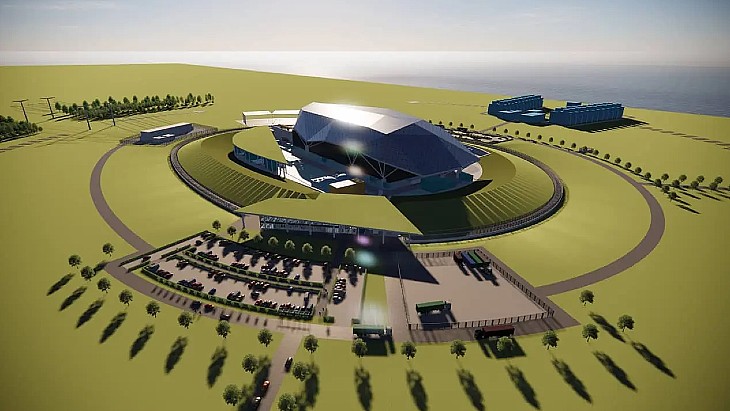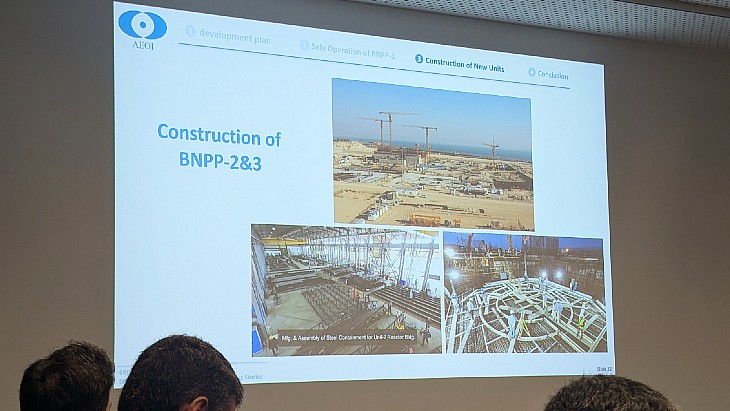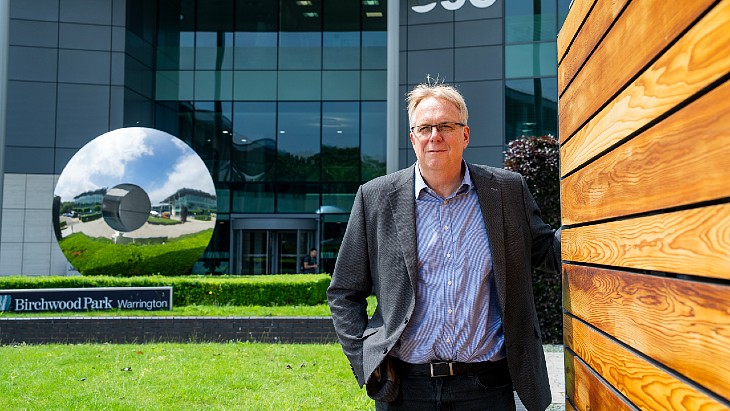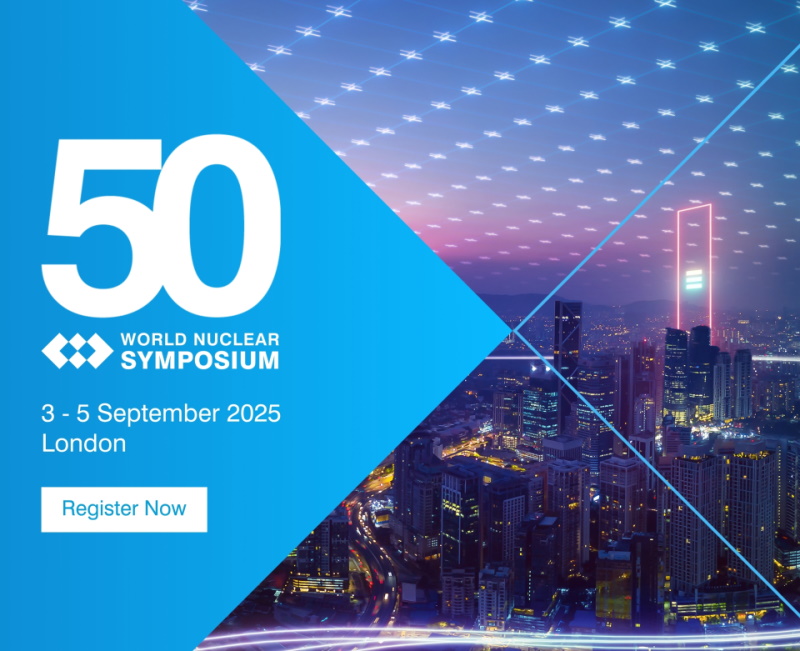Natsionalna Elektricheska Kompania EAD (NEK) has developed a project for construction of a 2000 MWe nuclear power plant at Belene in northern Bulgaria. The plant will be owned by a newly created project company, in which NEK will be a shareholder. According to the notice, the government will not provide any state or corporate funding guarantees, nor does it plan to buy electricity from the Belene plant under long-term contracts at preferential rates.
The Belene NPP project is an "optimal combination of several features", the government wrote, including increased production efficiency, shortened time for construction and implementation, competitive electricity prices and a long design life.
The Bulgarian side, through NEK, will participate in the future project company with an in-kind contribution of the assets related to the project, including the licensed site, the long-lead equipment, the issued decisions, permits, licences and other documents and rights concerning the project. It reserves the right to a blocking quota when deciding on certain matters within the competence of the general assembly of shareholders in the project company throughout the whole period of the power plant construction, operation and subsequent decommissioning.
Design
The Belene NPP construction project in northern Bulgaria - at the Belene site, located 4 km from the town of Belene and 11 km from the town of Svishtov - includes construction of two 1000 MWe units, each using the Russian VVER-1000/V-466 design - pressurised water reactor with four circulating loops. The nominal thermal power is 3000 MWt and the net useful power is 1000 MWe. The fuel recharging process lasts 14 days and the planned annual outage for maintenance purposes is reduced and lasts 20 to 50 days, depending on the scope of current repairs.
Until the project was suspended in 2012, the main contractor for engineering, procurement and construction was Atomstroyexport, the technical design of the Belene plant was prepared by the chief designer Atomenergoproject, and Areva NP GmbH was a subcontractor for the electrical systems, safety systems, management and control, heating, ventilation and air-conditioning, etc. The equipment manufactured and delivered in 2017 for the nuclear island was manufactured by Izhora Plants, ZiO-Podolsk and Atommashexport. Atomstroyexport, Atomenergoproject, Izhora Plants, ZiO-Podolsk and Atommashexport are all subsidiaries of Russian state nuclear corporation Rosatom.
The selected design for Belene NPP ensures more efficient use of nuclear fuel than the second-generation light-water reactors, the notice says, which allows generation of 20% more electricity using 25% less fuel. At the same time, the high burn-up achieved reduces the annual amount of used nuclear fuel by 50%, it adds.
The A-92 design is licensed by the regulatory authorities in the manufacturing country (Russia) and meets the modern national safety requirements and the recommendations of the International Atomic Energy Agency, as well as the requirements of the international consulting group INSAG, among others, it says.
Conditions
Conditions attached to the project include that, in the course of the project implementation, no changes may be made to the safety elements of the design. This is to ensure its licensing. The owner of the VVER-1000 technology must be involved in obtaining the required licences and permits for the project construction and operation. The project company must undertake commitments with a supplier of fresh nuclear fuel for the VVER-1000 reactors in accordance with the existing licensing agreements and applicable legislation. The operator of the built power plant must also be experienced in the operation of VVER-1000 reactors.
The cost of the project construction must not exceed EUR10 billion (USD11 billion) and the commissioning period must be within ten years of signing a shareholders’ agreement.
Potential investors have 90 days to file applications to participate in the project and the procedure is scheduled for completion by 22 May 2020.

.jpg)



_92619.jpg)


_84504.jpg)

_96167_68292.jpg)

